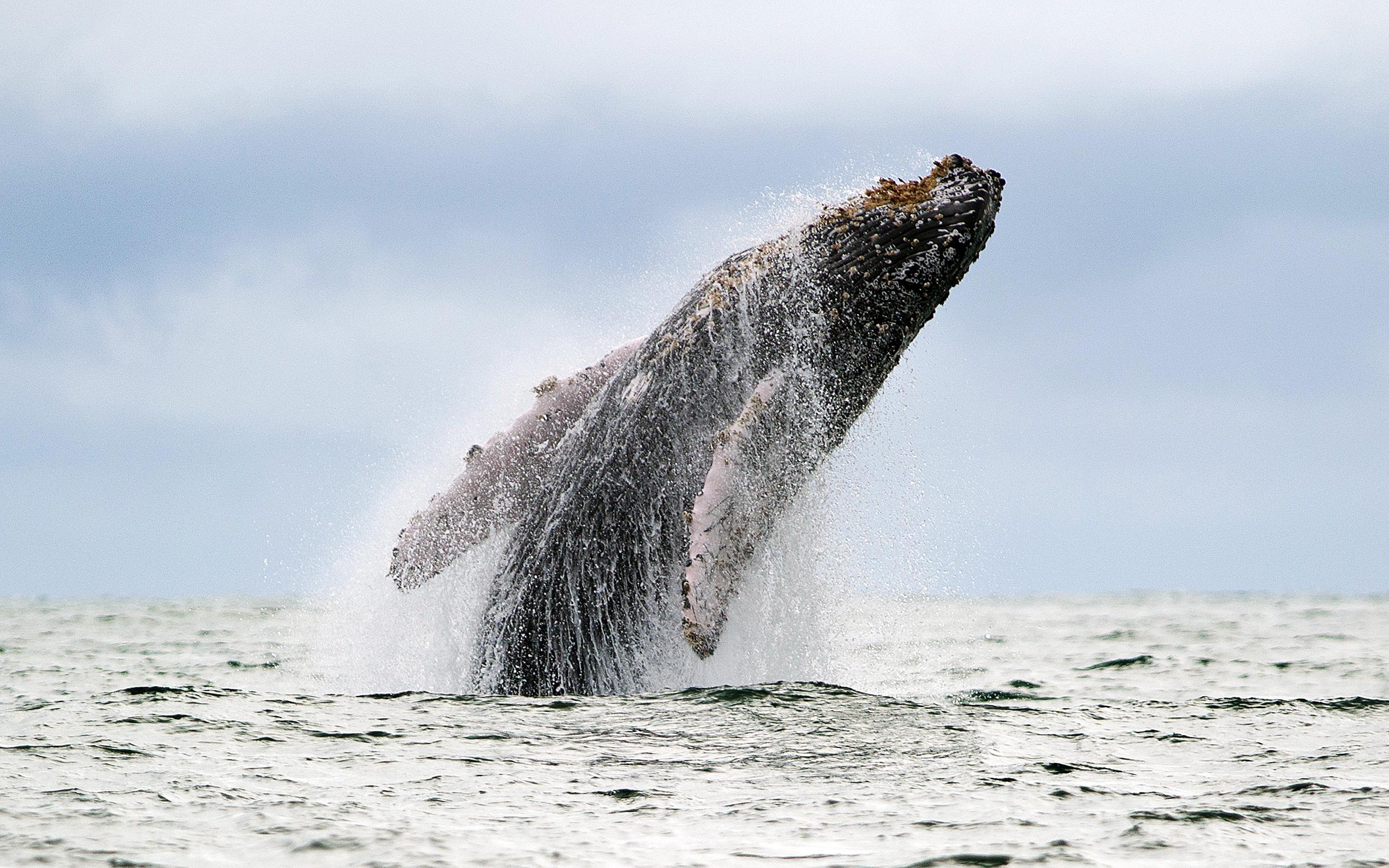Japanese authorities have long defended the country’s controversial whaling program as necessary for scientific research. It’s the classic “we’re killing the animal to save the it” argument. But conservationists dispute that rationale, contending that the research program is merely commercial whaling in disguise. That’s hard to refute, since whale meat from the hunts is sold commercially in Japan and the program has produced no serious science.
The conservationists appear to have won today, as the International Court of Justice ruled in a 12-4 vote that Japan must halt its whaling program in the Antarctic. The decision, which specifically requires Japan to withdraw all permits for whaling in the Antarctic and not issue new ones, is considered to be legally binding. Japanese Foreign Affairs Ministry spokesman Noriyuki Shikata said that his country would abide by the ruling, but said it “regrets and is deeply disappointed by the decision.”
The court found that there has been insufficient scientific output from the program, given that Japan has caught and killed around 3,600 minke whales since 2005 and produced just two peer-reviewed papers (which collectively refer to nine whales). The program also allowed a “lethal sample size” of 50 per species for fin whales and humpback whales, both of which are endangered.
Australia brought the case to the court in May 2010, accusing Japan of violating the International Convention for the Regulation of Whaling by producing whale meat for sale in Japan. Japanese authorities responded that the sale was intended to fund research, which is allowed under international law as long as the meat is a byproduct of research efforts. Japan agreed to a whaling moratorium in 1986 but has continued the practice under a clause that allows hunting some for scientific research.
The problem with that, according to Ken Collins, senior research fellow at the U.K.’s University of Southampton, is that killing the whales is totally unnecessary: “We do not need to kill whales to study them. Science has moved on a long way. We can learn much more by keeping them alive. There is a huge raft of techniques based on direct observation, photography and tracking available.”
The decision, while seen as a major victory among conservationists, will not mean the end of whaling. Japan also hunts whales—again, ostensibly for scientific purposes—in the northern Pacific, and Norway and Iceland do not abide by the 1986 moratorium. Moreover, the ICJ ruling did not specify whether whaling for research could be legal under better-designed studies. Nevertheless, the decision sets an important precedent by detangling the hunting of endangered animals and the conduct of scientific research.
